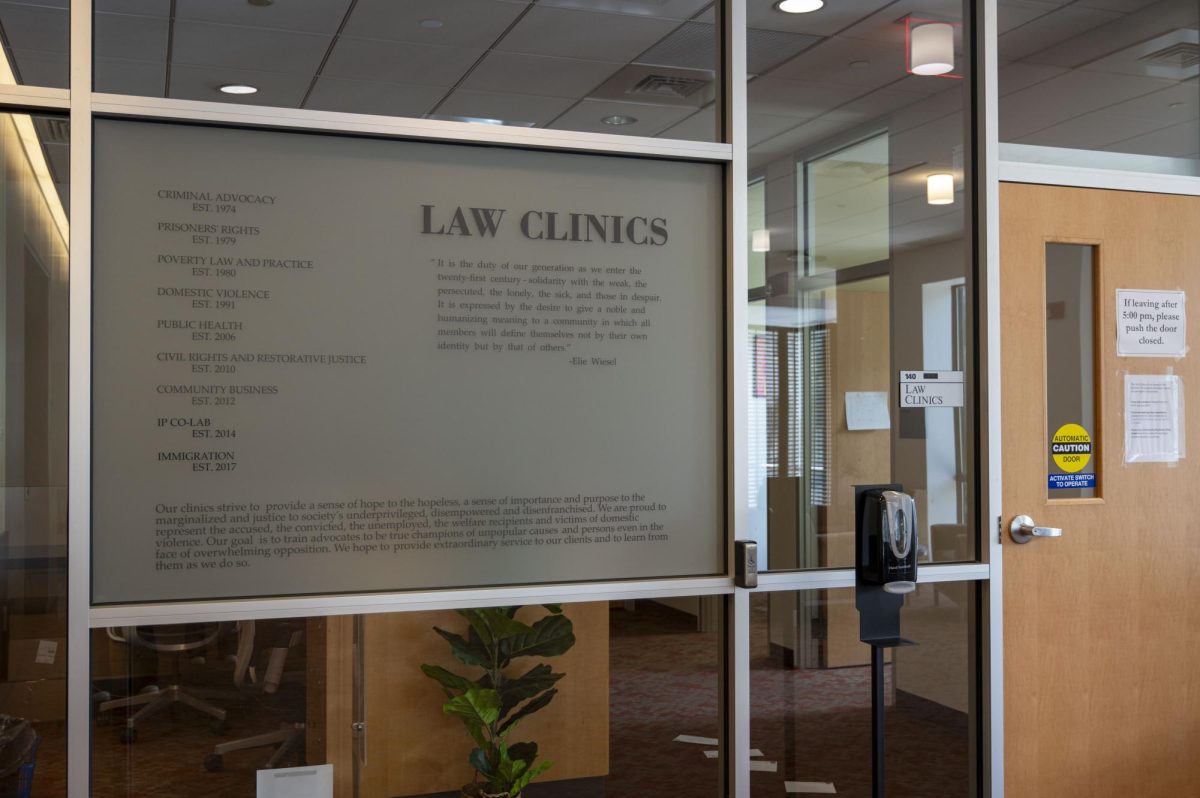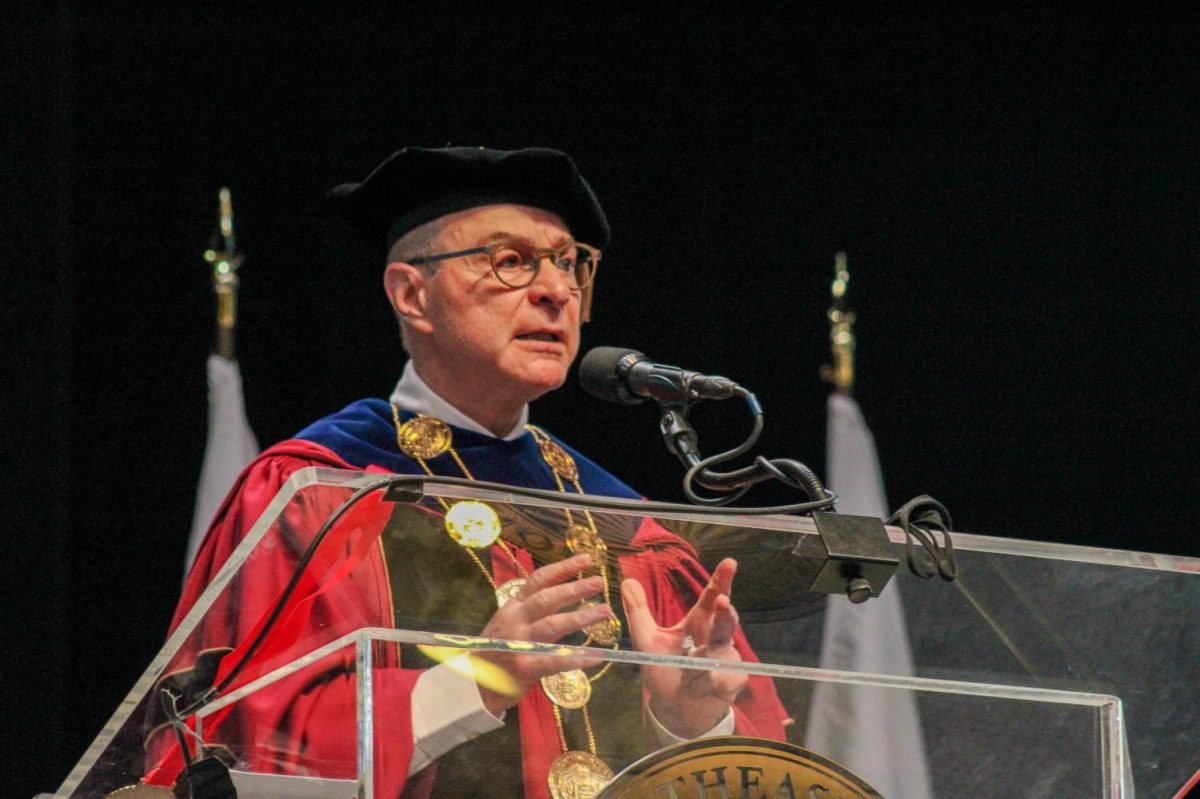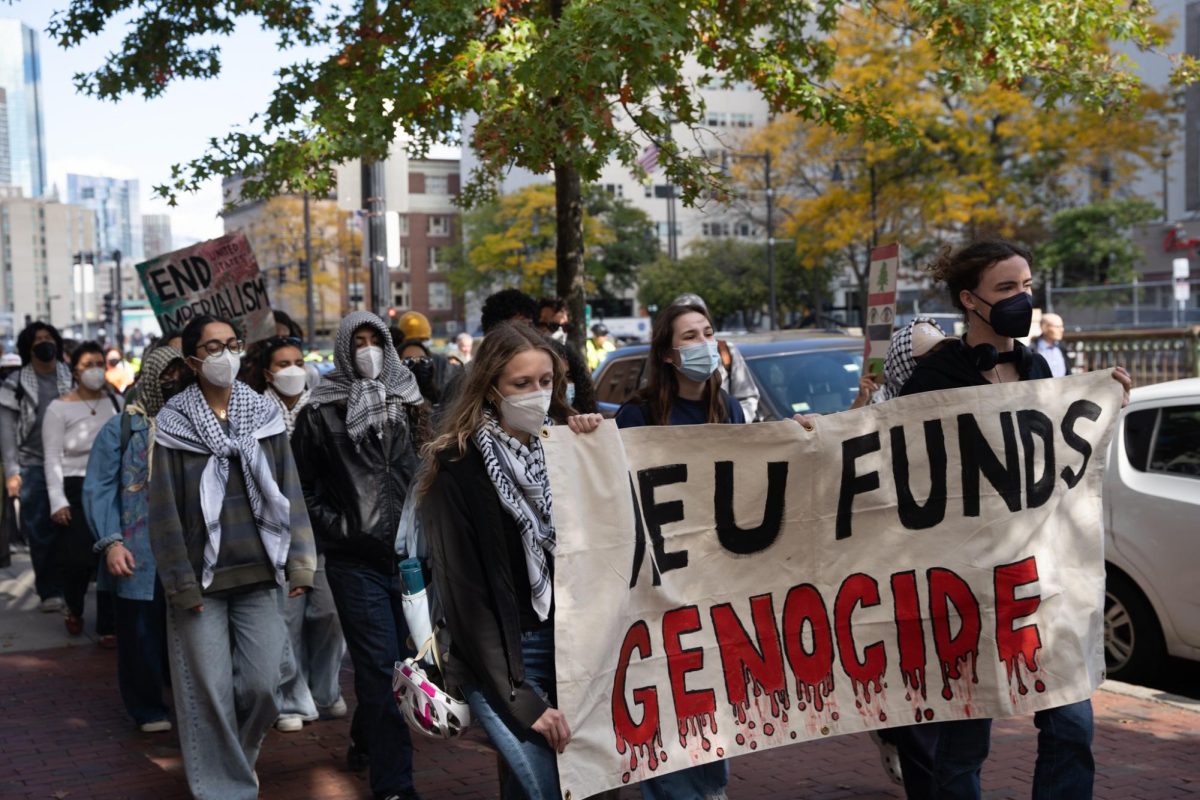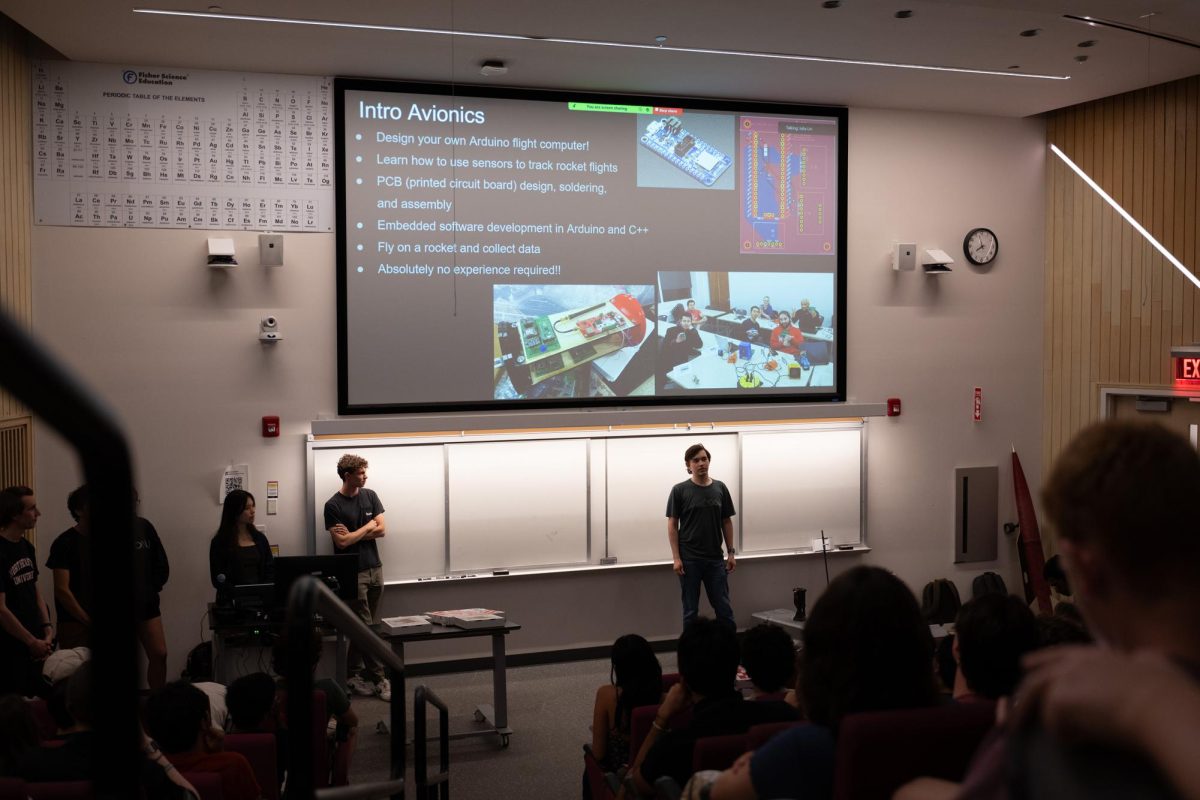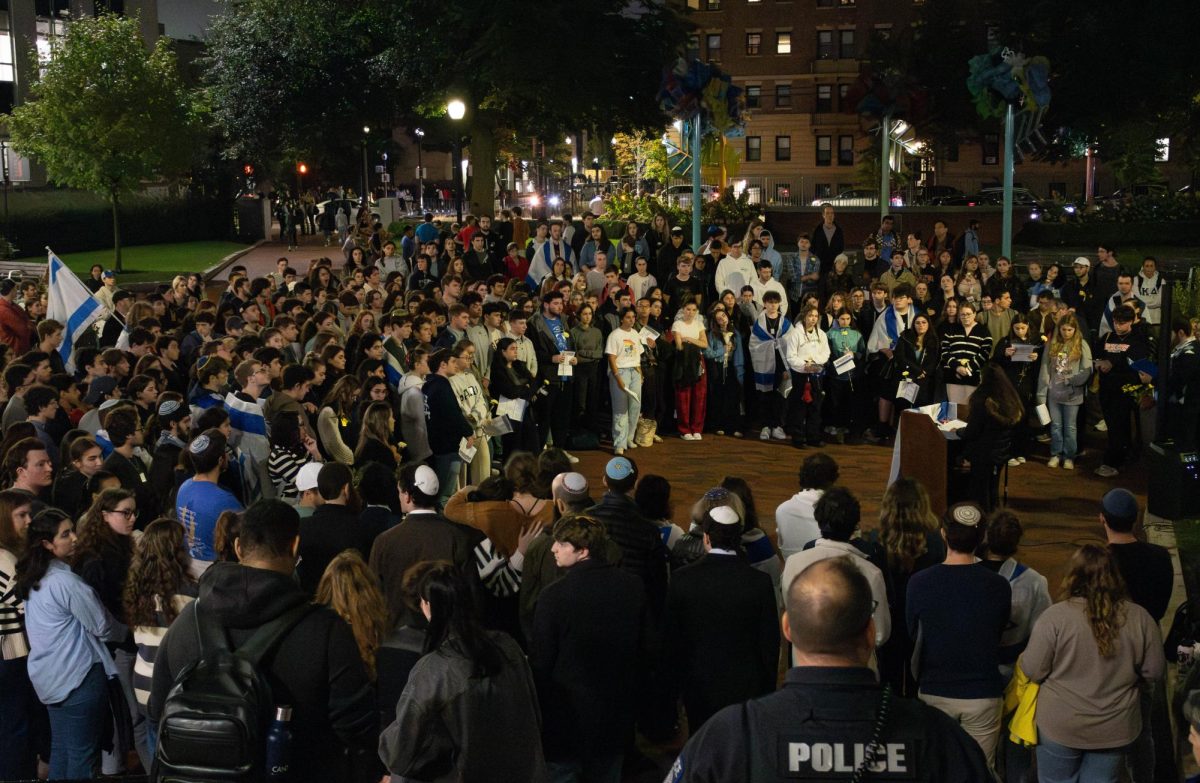By Matt Collette
With a growing number of students expressing concern as to how the Office of Student Conduct and Conflict Resolution (OSCCR) functions and how it can best serve the Northeastern community, a contingent of students are calling for change.
A Facebook group, “Respect Our Rights, Northeastern: Reform OSCCR!,” was created by Derek Miller, a former Student Government Association (SGA) senator, to address student concerns.
That group is a “preliminary effort to get information from students about OSCCR,” said Marines Piney, SGA’s vice president for student affairs, who also said she meets with Valerie Randall-Lee, the director of OSCCR, twice a month to discuss possible changes to the student handbook.
“SGA wants change,” SGA President Joey Fiore said. “We’re still hammering out details as to where we want to be.”
The SGA executive board planned to look into the issue during its Sunday night meeting, Fiore said.
The Facebook group’s description states, “We aim to make significant and substantive changes to the Code of Conduct itself, as well as achieving an overhaul of the methods of OSCCR proceedings, including RD (Residence Director) pre-hearings, judicial hearings and the OSCCR appeals board.”
“I don’t think I have a closed door, so if somebody has legitimate concerns with me there are legitimate ways that we can work together to process things,” Randall-Lee said in response to the “Reform OSCCR” Facebook group.
When a Code of Student Conduct violation is discovered a student is referred to OSCCR.
“If it happens outside of the residence hall, or if it is a more serious violation, then it comes right to this office,” Randall-Lee said. “OSCCR receives an incident report and begins its investigation into what actually happened. … We get an incident report from wherever we get it from, whether it’s another student, whether it’s from faculty, staff, the police, anybody like that, and we’ll review the incident and say does it look like there is a possibility of any of the rules in the Code of [Student] Conduct having been violated.”
If it appears the rules have been violated, OSCCR sends the student a letter and they then come in to talk about what happened, Randall-Lee said.
“The process of that meeting is really for us to get all of the information because at this point we really only have one side,” she said. “Every story has three sides, so our job is to find the third one. We hear everything the student has to say, we look at what happened in the report and we go on what more often or not we believe occurred.”
Each student can choose to agree or disagree with OSCCR’s view of the incident, Randall-Lee said. If the student is in danger of suspension or expulsion, the case goes before a hearing board. Other cases are heard by an administrator, a Resident Director (RD) or someone in the OSCCR office. Randall-Lee said, more than 1,400 students dealt with OSCCR during the last academic year.
A student who gets in trouble off-campus is not exempt from OSCCR’s overview. The Northeastern University Division of Public Safety (NUPD) works with the Boston Police Department and other area schools to track student behavior.
“We kind of have a reciprocal understanding [with local schools],” Jim Ferrier, associate director of public safety, said. “If a person does something that’s against our Code of Student Conduct for our students, whether they’re admitting they’re a guest of our students or they don’t admit they’re a guest of one of our students – and what are they doing here if they’re not a guest of our students.”
The same applies for students at other schools, though Ferrier said Northeastern rarely hears about student misbehavior at other universities.
“It’s very unusual for our students to be identified by other schools when they misbehave on other campuses, and that’s because our students don’t misbehave when they visit other campuses,” he said.
Randall-Lee also said very few Northeastern students get reported to OSCCR from other area schools.
“It happens, I wouldn’t say it’s very often, but we get them. Students do get referred from other schools,” she said.


